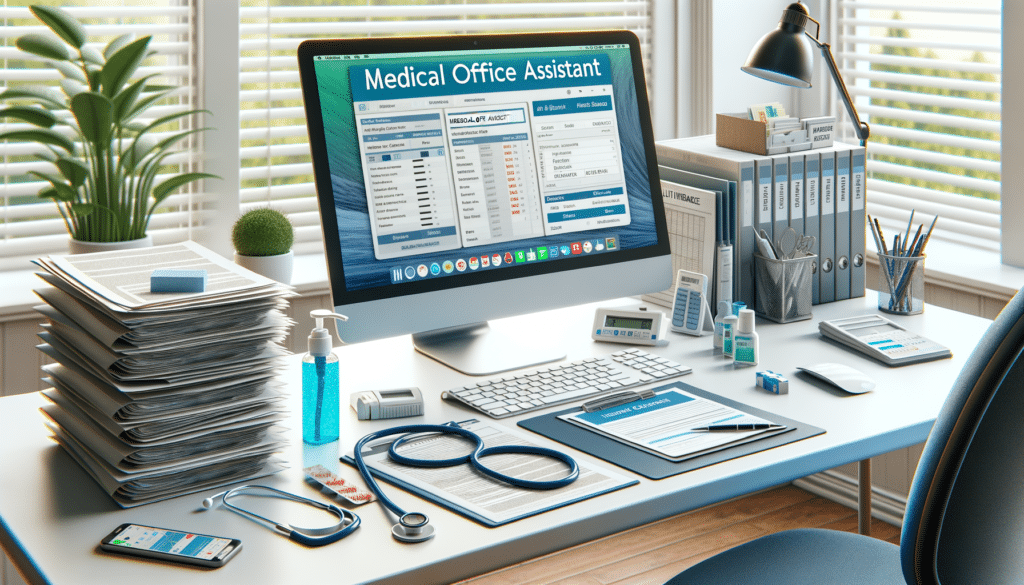Introduction to the Medical Office Assistant Role
The healthcare industry is a complex and dynamic field that relies heavily on the seamless coordination of various roles to function effectively. Among these roles, the Medical Office Assistant (MOA) plays a crucial part in maintaining the efficiency of healthcare services. Often serving as the first point of contact for patients, MOAs are responsible for a wide range of administrative tasks that ensure the smooth operation of medical offices and clinics. Their duties often include scheduling appointments, managing patient records, and handling billing processes. The importance of MOAs cannot be overstated, as they provide essential support that allows healthcare professionals to focus on patient care.
Key Responsibilities and Skills of a Medical Office Assistant
Medical Office Assistants are tasked with a variety of responsibilities that require a specific skill set to manage effectively. Their primary duties include:
- Scheduling and coordinating patient appointments
- Maintaining and updating patient medical records
- Handling billing and insurance claims
- Communicating with patients and healthcare providers
To excel in these tasks, MOAs must possess strong organizational skills, attention to detail, and excellent communication abilities. Additionally, proficiency in medical terminology and the use of healthcare software systems is essential. These skills enable MOAs to efficiently manage the administrative side of healthcare, ensuring that both patients and providers have a smooth experience.
The Impact of Medical Office Assistants on Patient Experience
Medical Office Assistants play a significant role in shaping the patient experience. As the initial point of contact, they set the tone for patient interactions within healthcare facilities. Their ability to handle inquiries, manage appointments, and provide information about medical procedures contributes to a positive patient experience. By efficiently managing administrative tasks, MOAs allow healthcare professionals to dedicate more time to direct patient care, ultimately enhancing the overall quality of service provided. Furthermore, MOAs help in alleviating patient anxiety by providing clear communication and support, which is crucial in maintaining patient satisfaction and trust.
Training and Qualifications for Medical Office Assistants
Becoming a Medical Office Assistant typically requires a combination of formal education and practical training. Many aspiring MOAs pursue certificate or diploma programs that cover essential topics such as medical terminology, office management, and healthcare laws. These programs often include hands-on training through internships or practicums, providing students with real-world experience in medical office settings. In addition to formal education, MOAs may also seek certification from recognized professional organizations, which can enhance their credentials and career prospects. Continuous professional development is encouraged, as it allows MOAs to stay updated with industry trends and advancements in healthcare technology.
The Future of Medical Office Assistants in Healthcare
The role of Medical Office Assistants is expected to evolve alongside advancements in healthcare technology and changes in patient care models. As healthcare facilities increasingly adopt electronic health records and telehealth services, MOAs will need to adapt to new systems and processes. This evolution presents opportunities for MOAs to expand their skill sets and take on more specialized roles within healthcare administration. The demand for MOAs is projected to grow, driven by an aging population and the need for efficient healthcare delivery. As such, MOAs will continue to be an integral part of the healthcare workforce, contributing to the effective management and operation of medical facilities.





